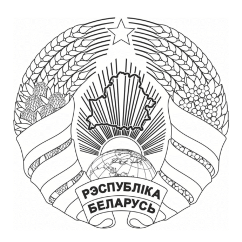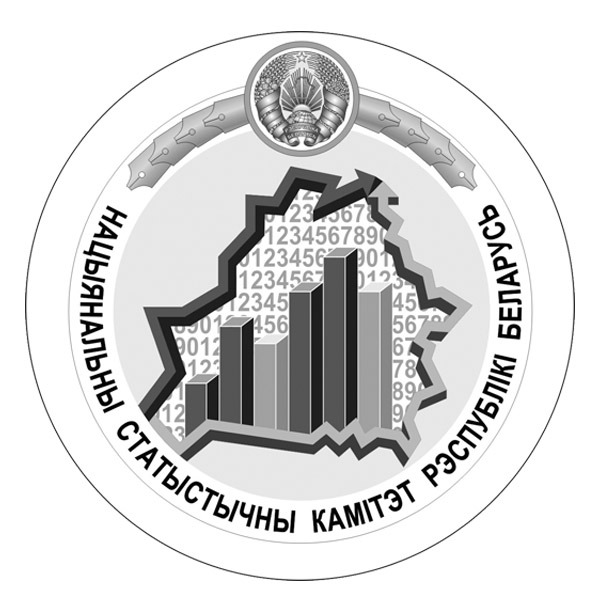Time Use Survey
According to the Strategy of State Statistics Development in the Republic of Belarus until 2017 and in pursuance of the National Action Plan on Gender Equality in the Republic of Belarus for 2011-2015 approved by Resolution No.1101 of the Council of Ministers of the Republic of Belarus dated August 16, 2011, the National Statistical Committee of the Republic of Belarus in 2014-2015 is conducting the Sample survey of households to studythe use of the daily time fund by the country’s population (hereinafter – Time Use Survey).
The survey is organized in the framework of international technical assistance project “Support to strengthening the National Statistical System capacity to produce, analyse and disseminate gender-relevant population information” with the support of the United Nations Fund for Population Activities (UNFPA) and the United Nations Children's Fund (UNICEF) (the international technical assistance project was approved by Resolution No. 1167 of the Council of Ministers of the Republic of Belarus dated December 30, 2013).
The main purpose of the Time Use Survey is to obtain official statistics on the distribution of daily time fund of population by the ways of time use, information about the time spent on various activities during employment, participation in educational programmes, discharging household duties, childcare duties and childrearing, during leisure.
Survey will reveal differences between men and women in time-use(total daily time fund or parts thereof), between adults and children, urban and rural residents, as well as the survey is aimed to study the relationship of socio-demographic characteristics (age, marital status, presence of children and well-being) and time budget of the population of the republic.
The results of the survey will allow complete the system of gender statistics indicators for monitoring progress in ensuring equal opportunities for women and men in all spheres of life; expand the system of indicators characterizing the living conditions and living standards; provide relevant information for the development, implementation and monitoring of social policy in the field of labor, culture, family and youth.
6000 households residing in the country will participate in the Time Use Survey (0.2% of total households). Members of the selected households aged 10 and above will participate in the survey. The survey will not cover the following persons: residing in nursing homes for the elderly, boarding schools and other institutions, monasteries, religious communities and other collective accommodation facilities, as well as students living in dormitories for pupils and students, and homeless persons.
Household participation in the survey is on a voluntary basis.
Time Use Survey will be conducted within the full 12-month period (from April 2014 till March 2015) and will cover all days of the week (weekdays and weekend days).
The following forms of the state statistical observation, approved by Resolution No.27 of the National Statistical Committee dated March 5, 2014, will be used:
• 7-hh (time), "Time-use diary (for persons aged 15 and older)";
• 7-hh (time - children) "Time-use diary (for children aged 10-14 years)."
The members of the same household will conduct a chronological and complete registration of all their activities during the same day.As well as,each respondent will fill out two diaries: one for the weekdays (Monday-Friday) and the second – for a weekend days (Saturday or Sunday).
According to the classification of activities, adopted in programme of the survey, the following elements of the time budget are defined:
• working and work-related time;
• time related to education;
• time for housekeeping (including keeping private plots, garden, summer cottage and other land);
• time for childcare duties;
• spare time (time for leisure, sport and active recreation, hobbies and games);
• time to meet the physiological needs (including sleep);
• other time expenditures.
Such classification of activities will provide information that characterizes the ratio of the working time and leisure time of the population, the main (priority) leisure activities, information describing the lifestyles of different groups of population.
State statistics authorities guarantee the confidentiality of personal information.The data on concrete households will be used to compile official statistical information, as well as in anonymous form not allowing to identify a particular respondent, to build microfiles.

